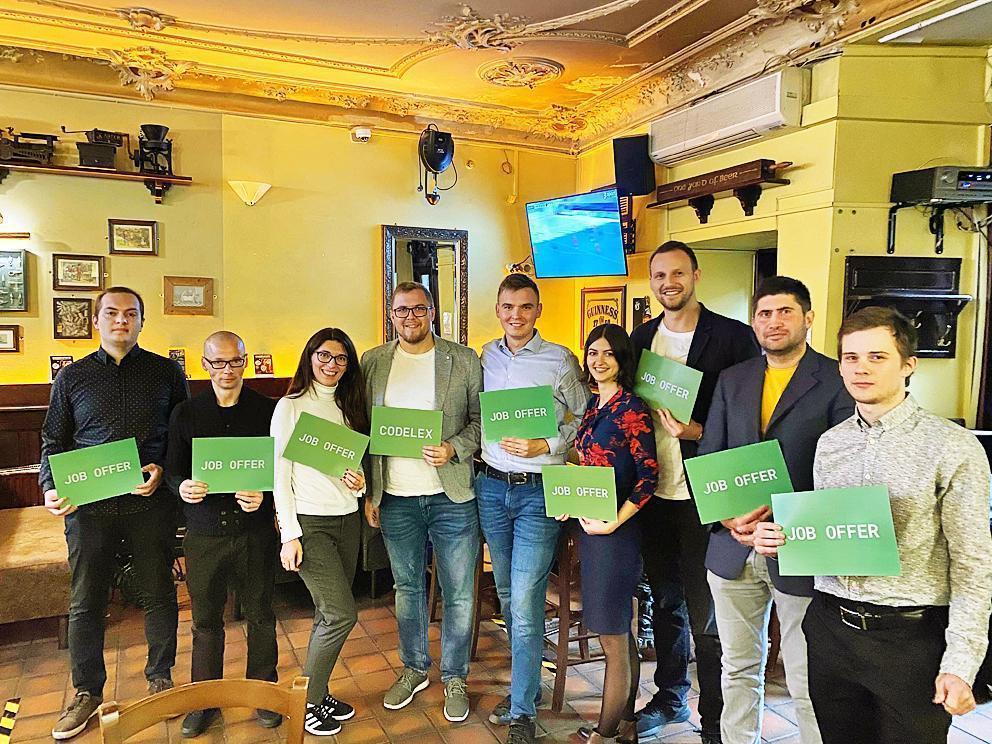AsiaTechDaily – Asia's Leading Tech and Startup Media Platform

Korean legaltech startup Law&Good scores fresh $6m in funding
Law&Good, a legaltech startup that is based in Korea, is now considered as the fastest to secure more than $10 million after it also raised $6 million in the recently concluded Series A2 funding round.
The cash came from a number of investors that included Spring Ventures, Nau IB Capital, Mirae Asset Ventures, HB Investment, and Hanbit Investment.
Law&Good plans to use the additional funding to further scale the company’s offer of remote lawyer hiring services. In the near future, they also target to accelerate the growth of litigation finance in Asia.
With the conclusion of Series A2, the company has also announced that John Suh, the former CEO and Executive Chairman of LegalZoom (NASDAQ: LZ) and a current venture partner at Spring Ventures, is joining Law&Good’s board of directors as part of this transaction.
“Law&Good focuses on customer experience more than any other LegalTech startups,” said MK Min, Founder and CEO of Law&Good.
With the additional investment and with Suh joining their board of directors, Min said they hope to drive growth in the Asian legal market by ensuring that any consumer in need of legal help can easily access their service.
Law&Good, that was founded in 2020, enables consumers to receive and compare legal proposals and to hire lawyers online.
Since its inception, at least 2 million clients have already visited Law&Good and submitted more than 40,000 requests for legal proposals.
Just last year, the company also became the first litigation funder in Korea. The company financed onshore litigations that were referred by its consumers and small businesses on a “no win, no fee” basis using data and technology.
Law&Good is a leading LegalTech startup in Asia that is committed to democratize access to justice using data and technology.
The company operates a remote lawyer hiring service wherein consumers will be asked to fill in diagnostic questionnaires. Following its submission, they will then receive custom-made legal proposals from the company’s very experienced lawyers.
Law&Good focuses on the use of proprietary case data to optimize the lawyer hiring process and to identify meritorious litigation claims for funding.





